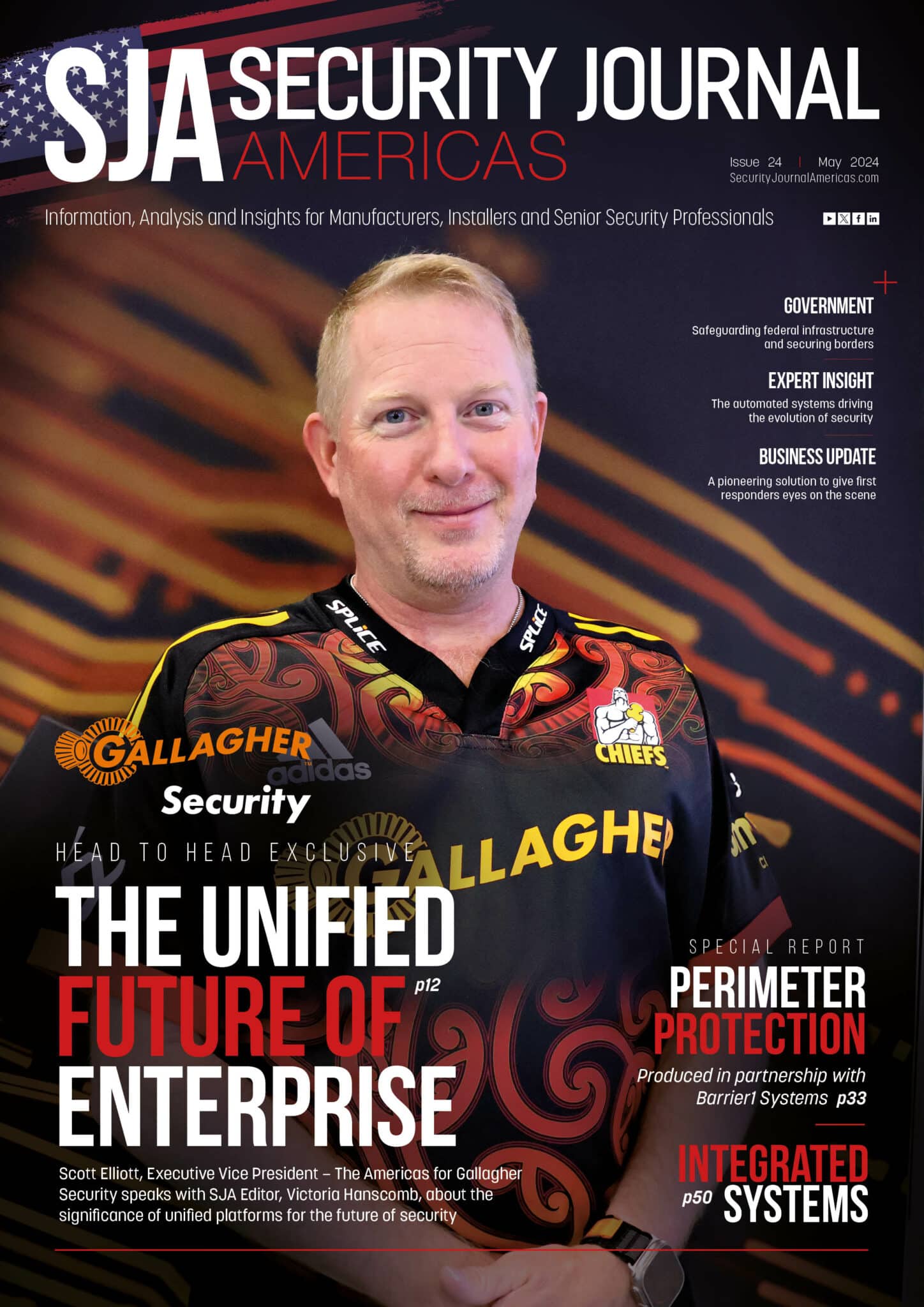The landscape of healthcare security and how it could develop


James Humphreys
Share this content
Jeffery Perez, Director of Safety and Security at Cityblock Health, speaks to SJA Assistant Editor James Humphreys about the world of healthcare security and how it could develop in the future.
Having worked for CEVA Logistics and more recently Mount Sinai Medical Center, what experiences have you gained from these roles which you have taken into your current job at Cityblock Health?
At CEVA Logistics I learned the true meaning of the expression “when there’s a will, there’s a way” in that no matter how well-developed you believe your security program is, there will always be those with the ill-intended will to test your system.
The wide breadth of supply chain investigations – which often crossed state and international borders, particularly when organized crime was involved – helped me develop strong analytical, critical thinking and crisis management skills that translate naturally to the nuanced industry of value-based healthcare wherein Cityblock Health operates.
I found the best way to secure our customer’s supply chain was by developing tailored security programs based on risk assessments which included intelligence gathered from law enforcement and industry resources which was no small feat, particularly for a region encompassing 20 states and five countries.
This regional focus to tailored security solutions created the ideal foundation for me to adopt enterprise security risk management (ESRM) at Cityblock Health.
Healthcare security is one of the most fascinating and challenging industries within physical security, it requires the ability to manage highly sensitive cases, navigate the massively intricate regulations that apply to healthcare and most importantly; carry daily the significant burden of responsibility in providing a safe workplace and healing environment for all involved in what is considered one of the industries with the highest incidence of workplace violence.
Mount Sinai Medical Center is where I was first introduced to healthcare security and thus where I ‘cut my teeth’ and found the career that I’m most passionate for; protecting those whose job it is to save lives.
What was your inspiration behind working in the healthcare sector?
My mother suffered from a severe cardiac illness in my earlier years, which meant I was often exposed to healthcare and thus became enamored with the field.
Although I never had the opportunity to become a medical practitioner, it was only natural that my path would eventually take me not just into healthcare, but into the very hospital that saved my mother’s life many years ago.
The personal gratification is unique when you are part of this field, especially when I saw first hand the toll COVID-19 took on those whose lives are dedicated to caring for the sick.
I witnessed incredible sacrifice from amazing people day after day who often risked – and sometimes even lost – their lives during the pandemic in order to literally save as many lives as possible.
I cannot express with words the impact that leaves and the motivation it creates to build a system free from threats, aggression and harm for all involved.
Can you explain more about your day-to-day duties in your current position?
I like to simplify my role with the following expression: it is my responsibility to make sure everyone at Cityblock Health is; a) safe while caring for our members or receiving care from us and b) feels safe as well.
That personal guiding principle basically means that I am responsible for ensuring that our workforce has the tools, training and skills necessary to practice their profession without harm or the threat of harm and with the confidence necessary to safely handle challenging situations that are a natural part of providing healthcare.
I was brought on to build a first-class safety and security program that will allow our teams to focus on achieving Cityblock’s mission to radically improve the health of marginalized communities at scale.
What about Cityblock Health made you want to join the team?
Quite simply; the mission and the people. Cityblock Health is more than a value-based healthcare organization, we focus on providing quality and accessible healthcare to marginalized communities by providing dignified, respectful and high-value care in a way that I haven’t seen any other healthcare organization deliver.
This rudimentary belief – shared by all in the organization – is what convinced me to join: “Everyone deserves quality healthcare, without judgment or bias, no matter their zip code.”
How do you see your role as Director of Safety & Security evolve in the future?
Cityblock Health is part of a movement within US healthcare that has picked up significant traction recently; value-based care.
One way to illustrate this is by examining the recent shifts in venture capital investments which have transitioned away from ‘Silicon Valley tech’ and into healthcare, such as the acquisition of a traditional healthcare system by VC General Catalyst with the intent to convert it into the country’s first value-based hospital system.
However, very little exists within healthcare security’s greater body of knowledge as it relates to value-based healthcare security (or VBC security, as I hope to coin it!).
I have found time and again since joining Cityblock Health the need to adapt existing best practices, standards and guidelines into this care model.
Value-based healthcare is here to stay and it will continue to grow exponentially and I hope to become the first VBC security SME and contribute my expertise and knowledge for the good of the value-based healthcare community.
Is there anything else you’d like to add?
I’ve learned an immensely valuable lesson at Cityblock Health; an organization’s culture is the most significant influential factor for addressing our industry’s ever-growing threat that is workplace violence.
I encourage all of my colleagues to do a deep dive into their organization’s culture from the top down and answer this very simple but important question; are the people (staff & patients) the most important factor?
When a patient’s well-being is the lens by which everything is viewed, then the ability to successfully navigate difficult conversations, de-escalate tense situations and avert dangerous scenarios increases greatly.
I’ve heard my colleagues in traditional healthcare say this unfortunate expression all too often: “my job is to put out fires”.
I propose that instead we work to change the narrative away from reactive towards proactive; “my job is to prevent fires.”
Connect with Jeffrey Perez on LinkedIn here


